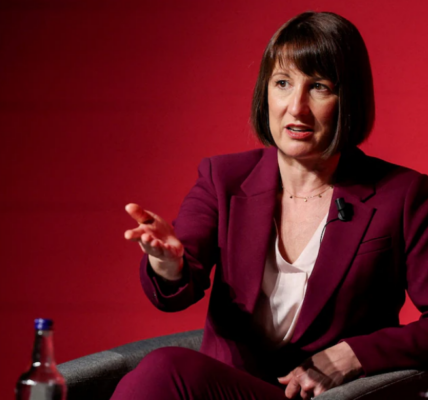Spiking is to be made a specific criminal offence for the first time – with bar staff set to be trained on how to spot tell-tale signs_Nhy
Spiking is to be made a specific criminal offence for the first time with bar staff being trained to spot tell-tale signs. the prime minister confirmed on Sunday night.
Drinks spiking sees perpetrators secretly administer knock-out drugs to victims without their consent, with some cases leading to sex offences, robbery or thefts.
Labour will introduce new legislation making it a specific crime, but no details were available on Sunday night on how it will work or what the maximum penalty will be.
The Home Office is also allocating £250,000 to train pub and bar workers how to prevent spiking.
The money will fund training for up to 10,000 serving staff and ‘bouncers’ how to spot the signs of a potential offender, protect victims and preserve evidence for police.
The new offence would mean perpetrators ‘feel the full force of the law’, a government spokesman said.
Police chiefs, executives from the hospitality industry and transport bosses will be urged to ‘work together to keep women and girls safe’ at a special meeting in Downing Street on Monday, he added.
Prime Minister Sir Keir Starmer said: ‘We must do more to bring the vile perpetrators who carry out this cowardly act, usually against young women and often to commit a sexual offence, to justice.

Spiking is to be made a specific criminal offence with bar staff being trained to spot tell-tale signs, the Prime Minister has said (file photo)

Sir Keir Starmer promised the Government would do more to bring ‘vile perpetrators’ to justice
‘That is why I made a promise that, if elected, I would make spiking a new criminal offence.
‘Today, I am proud to have come good on that pledge.’
He added: ‘I will bring together police chiefs, heads of industry and transport bosses to demand coordinated action to stop women being targeted, whether they are out with friends or simply travelling home.‘Cracking down on spiking is central to that mission. ‘
Home Secretary Yvette Cooper said: ‘These changes are about giving victims greater confidence to come forward, and ensuring that there is a robust response from the police whenever this appalling crimes take place.’
Assistant Chief Constable Samantha Millar, of the National Police Chiefs’ Council (NPCC), said: ‘Spiking is a complex offence to investigate as drugs can pass through the system quickly and there is often a lack of evidential opportunities, which is why quick reporting and early evidence gathering, including forensic testing, is key.’
Until now, spiking has been prosecuted under other offences, for example using the Offences Against the Person Act 1861.
In February 2022 the then Tory home secretary Priti Patel instructed officials to look at drawing up specific anti-spiking laws in a bid to tackle growing concern over levels of cases.

The Home Office is allocating £250,000 of funding for up to 10,000 serving staff and ‘bouncers’ how to spot the signs of a potential offender (file photo)
At the time the then NPCC drug policy spokesman Deputy Chief Constable Jason Harwin told MPs: ‘My personal view is we need a separate offence for it because that highlights the importance of the crime and the importance of doing everything we can to stop it in the first place.’
But Ms Patel’s successor Suella Braverman decided against the move.
In January last year Sarah Dines, a then Conservative Home Office minister, said a new law was unnecessary because there were ‘already several offences which cover incidents of spiking’.
She added that the government had not found ‘any gap in the law that a new spiking offence would fill’.
The new training programme will be rolled out to 10,000 workers by spring.The new offence will cover England and Wales.



